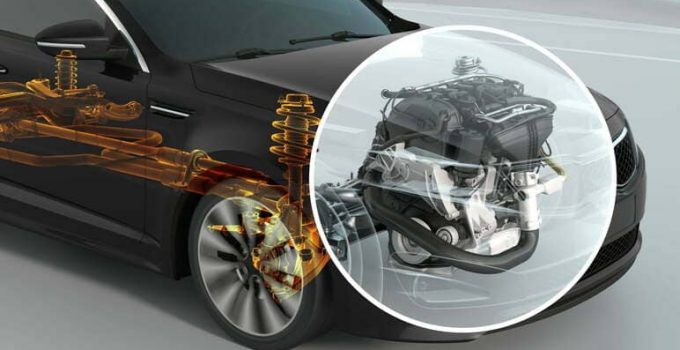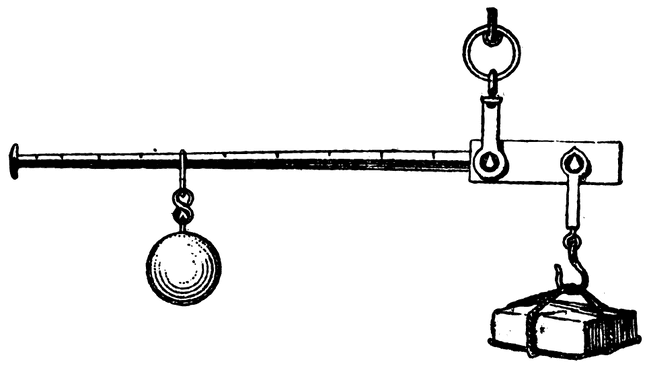
We all know it: the performance of a car is so often measured solely by the number of horsepower. The horsepower question is usually the first to come up when discussing the actual power of a vehicle. Young people in particular like to flaunt horsepower figures and believe that the vehicle with the most horsepower under the hood puts all the others in the shade in terms of acceleration and performance. But is it really like that? Because there is still torque, which should not be ignored here. So if you really want to compare engines with each other, then you should not only pay attention to the horsepower of your vehicle, but also consider the factors of speed and torque.
Contents
What exactly is the torque actually?

First we should address the question of what we are actually dealing with when it comes to torque. The term describes the rotational equivalent of the force. Said force accelerates things and the torque sets them in motion. The unit of measure here is Newton meters. In general, the following can be stated: Torque times speed = power. The torque is made up of the actual force and the lever arm, which can set things in motion. But the time factor must not be ignored either. We know that one watt here corresponds to one newton meter per second. So if we demand a lot of power, we also need a lot of the torque factor or a particularly high speed must be given.
Diesel or petrol engine: where can I get more torque calculate?
Generally speaking, it is well known that a diesel car has more to offer in terms of torque than a petrol car. Because as a compression-ignition engine, which is what a diesel vehicle is, the torque is always greater, even if the displacement is the same. Of course, this also results in faster acceleration. Another reason for this is the special design of a diesel engine, because here the cylinders are built rather narrow and high. It can also be stated that the combustion pressure that builds up is higher. Of course, this also favors the torque in a positive way.
Turbomotors – where does the high performance come from?

Turbocharging enables an increase in the power of the combustion engine. During the intake phase, air is supplied to the engine by a compressor, which in turn is driven by a turbine powered by the energy of the exhaust gases. It can therefore be stated that a turbocharger ensures an increase in performance with the same displacement. In addition, a turbocharger can also be useful in order to achieve a certain power output from the engine with a light engine.
A vehicle with a turbocharged engine is also particularly popular with motorists as a towing vehicle. Because a high torque at low engine speeds can bring considerable advantages when towing a trailer.
So the petrol engines are left behind?

You can't say that. Although a non-supercharged petrol engine has lower torque at lower revs, it can still produce the same power. For this, however, high speeds are required, then a decent acceleration is also possible with a petrol engine. And then there are also the modern petrol engines, which have turbocharging and thus compensate for this disadvantage, because then high speeds can also be dispensed with.
So if the question arises how quickly your vehicle can go from 0 to 100 km/h, you should prefer a comparison of performance to a comparison of torque.
Which vehicles are then in demand today?
Today, people want vehicles that have an elastic range and that can be driven with high torque even at low speeds, but which can nevertheless be driven quite fuel-efficiently at lower speeds. As far as the performance parameters are concerned, they are only essential when high acceleration and maximum speed have absolute priority. For one or the other driver, that may be the priority, but in general, in practice, rapid acceleration or top speed is usually not lived out at all. Nevertheless, the performance parameters remain important factors for comparing vehicles with each other in terms of performance.
The conclusion and a tip from CarTipsandmore
Whether when talking to boys in at school, while sitting together in the bar or during the lunch break at work talking to colleagues – everyone likes to talk about their own car or a dream car. This is not just about the body and the technology of the vehicle, the extras, S
